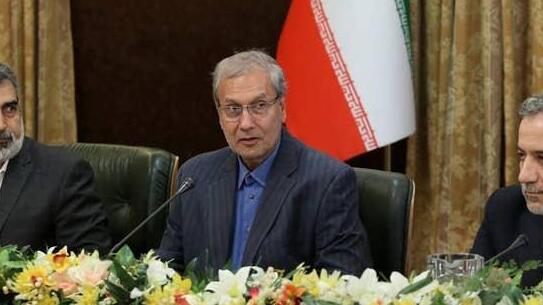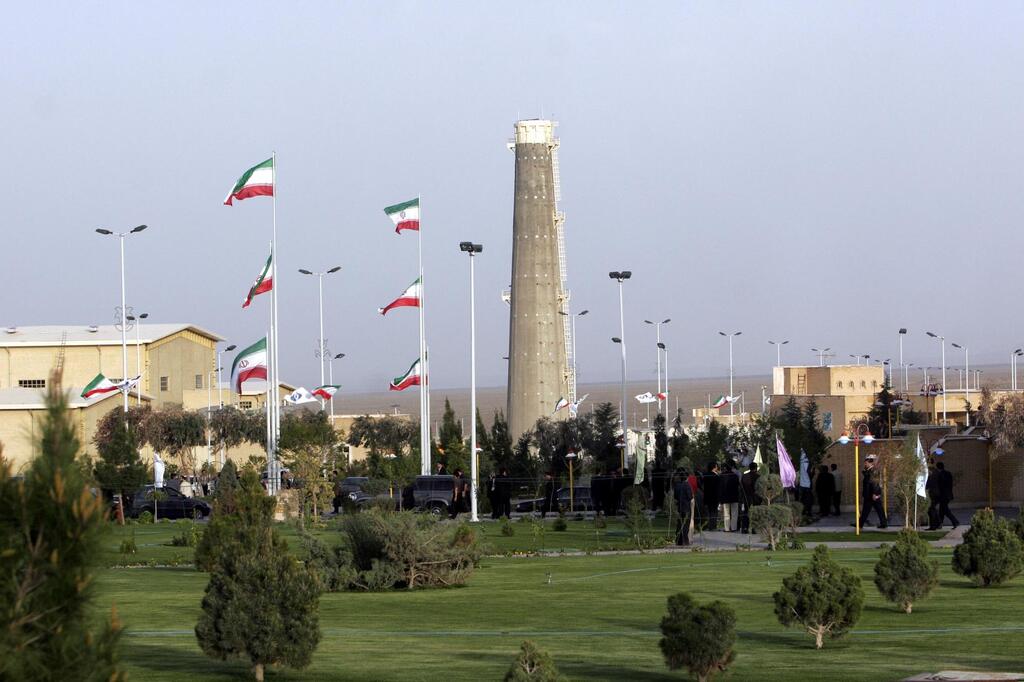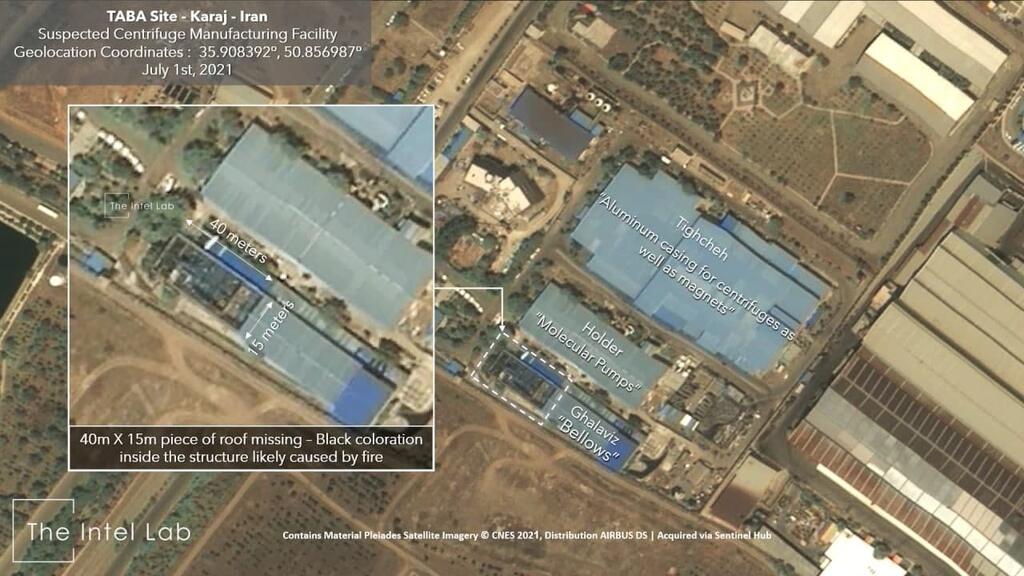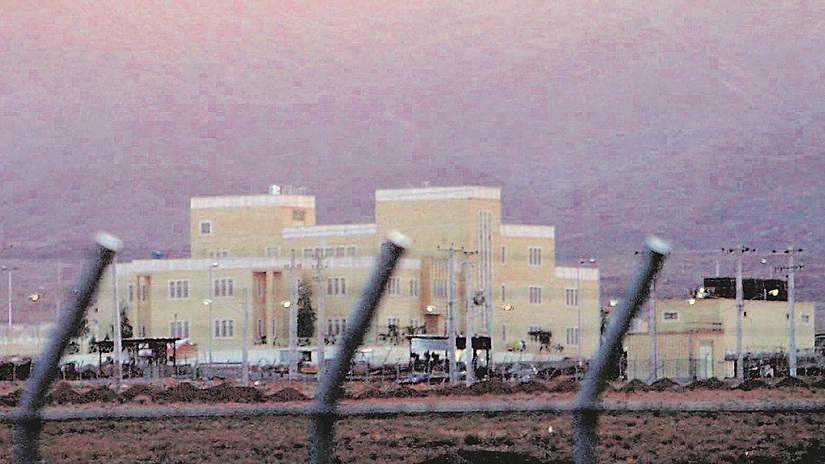Iran on Tuesday accused Israel of a sabotage attack in June that reportedly targeted a nuclear facility near Tehran, the official IRNA news agency reported.
According to the report, Cabinet spokesman Ali Rabiei said the alleged attack sought to thwart ongoing talks in Vienna on resurrecting Tehran’s tattered nuclear deal with world powers. IRNA quoted Rabiei as saying such actions only make Iran stronger.
“The Zionist regime carried out these actions to signal it can stop Iran and to say that there is no need to talk with Iran,” said Rabiei. “But whenever sabotage has happened, our strength has increased.”
Iran has offered few details on the attack it said targeted a sprawling uclear center located in Karaj, a city about 40 kilometers (25 miles) northwest of the Tehran. On June 23, state TV said it was an attempted attack against a building belonging to Iran’s Atomic Energy Organization that caused no casualties or damage.
Rabiei on Monday said there was damage to the ceiling and also that “damage to equipment was not remarkable.”
“A hole appeared on the ceiling of one of the industrial sheds so the roof was removed for repair,” Rabiei said. He said a satellite image that was distributed at the time was after the roof of the shed had been removed for repairs.
Iranian authorities did not specify which facility in Karaj had been targeted. There are two sites associated with Iran’s nuclear program known to be in the area, including the Karaj Agricultural and Medical Research Center, founded in 1974. Authorities describe it as a facility that uses nuclear technology to improve “quality of soil, water, agricultural and livestock production.”
The area is located near various industrial sites, including pharmaceutical production facilities where Iran has manufactured its domestic coronavirus vaccine.
The agricultural nuclear research center is not listed as a “safeguard facility” with the UN nuclear watchdog — the International Atomic Energy Agency — though a nearby nuclear waste facility around Karaj is.
4 View gallery


Iranian government spokesman Ali Rabiei (center) at a press conference in Tehran in 2019
(Photo: AFP)
Previously, social media in Iran crackled with unconfirmed reports that an unmanned aerial drone was prevented from targeting a COVID-19 vaccine production facility.
The Karaj report follows several suspected incidents targeting Iran’s nuclear program that have heightened regional tensions in recent months, as diplomatic efforts gain traction in Vienna.
In April, Iran’s underground Natanz nuclear facility experienced a mysterious blackout that damaged some of its centrifuges.
Last July, unexplained fires struck the advanced centrifuge assembly plant at Natanz, which authorities later described as sabotage. Iran is now rebuilding that facility deep inside a nearby mountain.
Iran also blamed Israel for the November killing of a scientist who began the country’s military nuclear program decades earlier.
Former U.S. President Donald Trump’s decision to withdraw America in 2018 from the nuclear deal has seen Iran, over time, abandon all limitations on its uranium enrichment.
The country is now enriching uranium to 60%, its highest ever levels, although still short of weapons-grade. Iran has said that its nuclear ambitions are peaceful and that it will return to its commitments once the U.S. lifts its sanctions.




